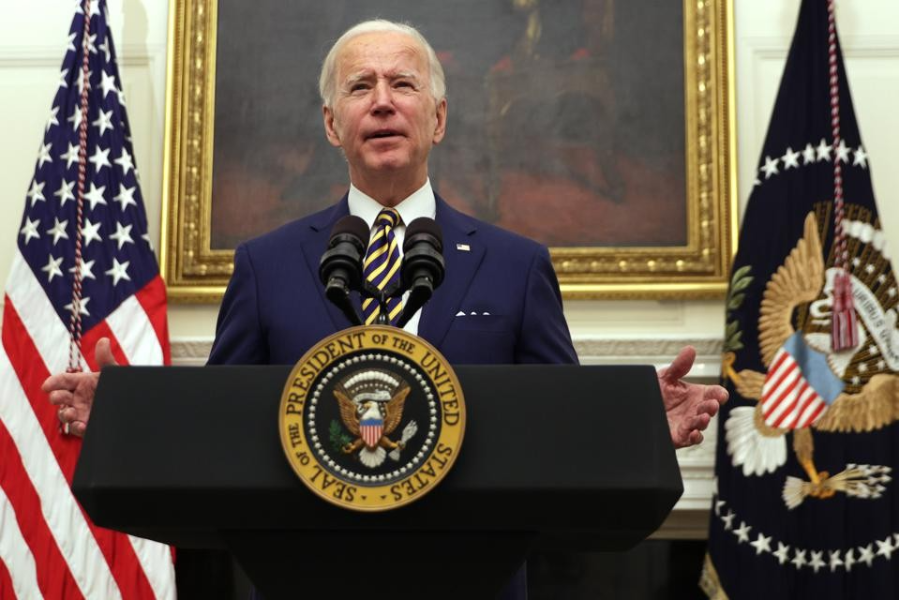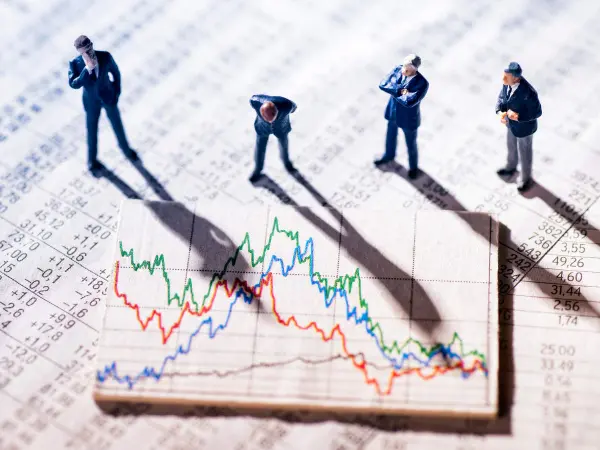Biden's Economic Agenda: Key Policies to Shape Future Growth
President Biden's economic agenda focuses on sustainable growth through infrastructure investment, clean energy initiatives, and tax reforms. This article explores the key policies shaping the future of the U.S. economy

President Joe Biden's economic agenda is designed to foster sustainable growth, enhance competitiveness, and address pressing challenges such as climate change and income inequality. The administration's approach emphasizes strategic investments, tax reforms, and regulatory changes aimed at strengthening the U.S. economy.
1. Infrastructure Investment and Jobs Act (IIJA)
A cornerstone of Biden's economic policy is the Infrastructure Investment and Jobs Act, which allocates substantial funding to modernize the nation's infrastructure. This includes investments in transportation, broadband, and clean energy projects, aiming to create jobs and stimulate economic activity. The act is expected to generate significant employment opportunities and enhance the nation's competitiveness.
2. Clean Energy Initiatives
The administration is committed to transitioning to a clean energy economy. Policies include incentives for renewable energy production, electric vehicle adoption, and energy efficiency improvements. These initiatives aim to reduce carbon emissions, create green jobs, and position the U.S. as a leader in the global clean energy market.
3. Tax Reforms
Biden's economic agenda includes tax reforms aimed at increasing revenue and promoting fairness. Proposed measures involve raising taxes on corporations and high-income individuals, with the goal of funding infrastructure projects and social programs. Critics argue that these tax increases could have economic drawbacks, including potential reductions in economic output and employment.
4. Strengthening Supply Chains
Recognizing the vulnerabilities exposed by the COVID-19 pandemic, the administration is focused on strengthening domestic supply chains. This includes investments in manufacturing and technology sectors to reduce dependence on foreign suppliers and enhance national security.
U.S. Department of the Treasury
5. Workforce Development
Addressing income inequality and promoting economic mobility are central to Biden's agenda. Policies include expanding access to education and vocational training, increasing the federal minimum wage, and supporting labor unions. These efforts aim to equip workers with skills for emerging industries and ensure fair compensation.
6. Healthcare and Social Programs
The administration seeks to expand access to healthcare and social services. Proposed policies include expanding the Affordable Care Act, reducing prescription drug costs, and increasing funding for social safety nets. These initiatives aim to improve public health and reduce economic disparities.
7. Trade Policy
Biden's trade policy focuses on fair trade practices, strengthening alliances, and addressing global challenges such as climate change. The administration is working to renegotiate trade agreements to ensure they benefit American workers and industries.
8. Fiscal Responsibility
While implementing these policies, the administration emphasizes fiscal responsibility. The proposed budget aims to reduce the federal deficit over time through a combination of tax reforms and strategic spending. However, some analyses suggest that certain tax increases could have long-term economic impacts, including potential reductions in GDP and employment.
Latest In Media & marketing
Banking Magazine

Stock Market Volatility and Its Impact on Economic Stability
Investment

How U.S. Government Spending Drives Investments
Finance

U.S. Reforms: What They Mean for Investors
Money







